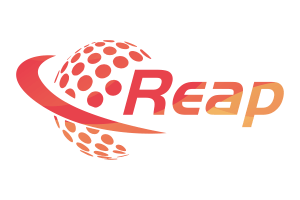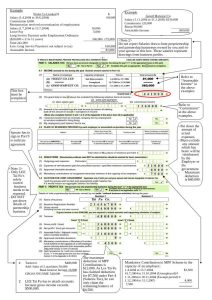An Unlimited Company is a form of corporation that does not impose a cap on liability to shareholders.
Unlike a limited company, the shareholders of an unlimited company have unlimited liability for the company’s debts – that is, if the company goes bankrupt, the shareholders need to use their own private assets to settle the company’s debts.
From a risk perspective, shareholders of an unlimited company are subject to high risk:
- Because there is no upper limit on the company’s liability, in case the company goes bankrupt, it must use its own assets to pay off all the company’s debts.
- Personal assets, such as real estate, stocks, may be confiscated if the company is unable to pay its debts.
- Shareholders’ personal credit ratings may also be affected as a result.
In general, the attractiveness of an unlimited company to shareholders is mainly due to the price parity. However, from the perspective of risk, it is necessary to assume much higher responsibilities and risks than a limited company.




